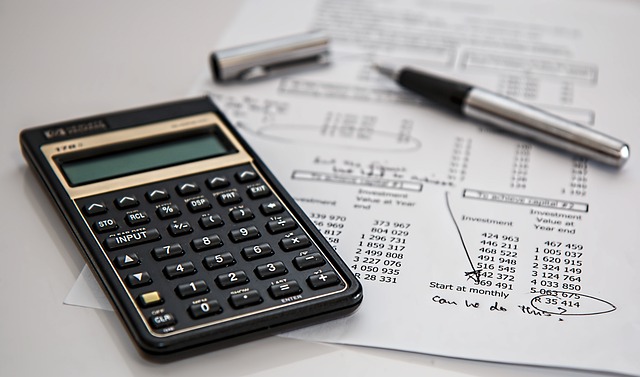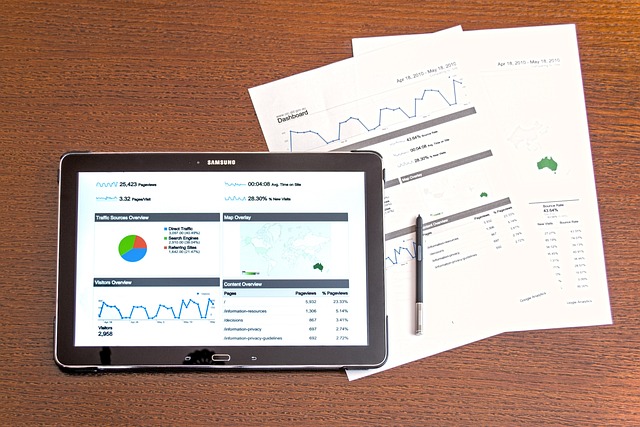Before investing, it is important to have a solid plan in place to ensure that you are making the most of your hard-earned money. Here are some key plans that you should have in place before you start investing:
Table of Contents
- Get Your Finances in Order
- Create a Debt Payoff Plan
- Build an Emergency Fund
- Set Your Investment Goals
- Create an Investment Plan
- Consider Using an Intermediary Bucket
- Conclusion
Get Your Finances in Order
Before you start investing, it is important to review your finances and ensure that all of your bills are under control. This means creating a budget and tracking your expenses to make sure that you are not overspending. Once you have a handle on your finances, you can start putting together a plan for investing.

Create a Debt Payoff Plan
If you have any outstanding debts, it is important to create a plan to pay them off before you start investing. High-interest debt can be a major drain on your finances, so it is important to get rid of it as soon as possible. Once you have paid off your debts, you can start putting more money towards investments.

Build an Emergency Fund
Before you start investing, it is important to have an emergency fund in place. This is a separate savings account that you can use to cover unexpected expenses, such as a medical emergency or a car repair. Ideally, your emergency fund should cover three to six months’ worth of living expenses.

Photo by Alexander Grey on Unsplash
Set Your Investment Goals
Before you start investing, it is important to have clear goals in mind. This will help you determine the types of investments that are right for you. For example, if you are saving for a down payment on a house, you may want to focus on low-risk investments that provide steady returns. If you are saving for retirement, you may want to focus on long-term growth.

Photo by Firmbee.com on Unsplash
Create an Investment Plan
Once you have your goals in mind, you can start creating an investment plan. This should include the types of investments you want to make, the amount of money you want to invest, and your timeline for achieving your goals. It is also important to diversify your investments to minimize risk.

Consider Using an Intermediary Bucket
An intermediary bucket is a separate savings account that you can use to save up money for investments. This can be a good option if you want to take advantage of investment opportunities as they arise, but you don’t want to dip into your emergency fund or other savings accounts.

Photo by Scott Graham on Unsplash
Conclusion
In conclusion, investing can be a great way to build wealth over time, but it is important to have a solid plan in place before you start. By getting your finances in order, creating a debt payoff plan, building an emergency fund, setting your investment goals, creating an investment plan, and considering an intermediary bucket, you can ensure that you are making the most of your investments and achieving your financial goals.


Everything is very open with a very clear description of the challenges. It was definitely informative. Your site is very useful. Thanks for sharing!
I have to thank you for the efforts you have put in writing this site. I really hope to view the same high-grade content by you later on as well. In fact, your creative writing abilities has inspired me to get my very own blog now 😉